Have you ever seen your grandmother chasing after a doctor or pharmacy regularly? There are a thousand fantastic natural cures for burns, cuts, colds, fevers, sneezes, and other ailments around us. You should always have medical herbs nearby since you never know when you might need them.
Keeping medicinal plants at home is not just something our grandparents did. Even now, as we start to realise the negative consequences of chemicals and do a U-turn towards the Ayurvedic tradition that our forefathers conserved. Natural medicines are a gold mine that we can employ to treat illnesses like fever, colds, cuts, and burns.
In actuality, plants serve as the source of many modern conventional medicines. It's reasonable to assume that using plants as medicine is not a novel concept. India has the most extensive history of using plant remedies that are still highly relevant today.
As natural treatments are in harmony with nature, there are no adverse effects when using medicinal plant cures. When medicinal plants arrive at home, no significant expenditure is required. These plants are relatively inexpensive when compared to a box of prescription medications. People of any age can eat the leaves, bark, seeds, or any other part of the medicinal plants. Sustainable solutions include using herbal remedies or medicinal plants.
1. Aloe Vera
Early Egyptians referred to aloe vera as the "Plant of Immortality." The "Miracle Plant" is a potent remedy that can "heal anything." Only in the sun and in damp or dry, well-drained soil can aloe vera thrive. The plant is edible despite tasting like a turd.
Aloe vera sap is very effective at accelerating healing and lowering the risk of infection for:
- It treats sunburn and damaged irritated skin.
- Decreasing inflammation from burns
- Aloe vera is used internally in addition to its exterior application to the skin to treat:
- Ulcerative colitis (aloe vera juice use)
- Intestinal issues, persistent constipation, poor appetite
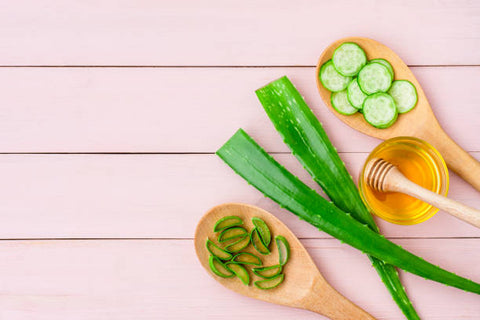
2. Rosemary
This herb has both culinary and medical uses. We frequently employ staffing and salads. This perennial woody herb increases brain oxygenation, which improves memory and focus while boosting vigour and optimism. When you need a boost, it's a superb stimulant alternative to coffee! It is also a great stimulant and a caffeine substitute. Rosemary's carnosic acid shields the brain from injury.

Other advantages of the rosemary plant include:
- The most revered culinary and medicinal plant for a home garden is the woody perennial herb.
- It strengthens the immune system and enhances blood flow.
- It alleviates heartburn.
- It is a stimulating alternative that helps focus and memory.

3. Lemon Grass
Indian homes use a lot of this aromatic herb's medicinal properties as a tea ingredient. The lemongrass plant has a wide range of health advantages, according to Ayurveda.

The following is a list of some medical advantages:
- It has excellent anti-cancer properties. It relieves some respiratory conditions like laryngitis and sore throat.
- It helps to lower a high fever. It is very effective for any type of pain, including headache, abdominal pain, muscle pain, and joint pain.
- The leaf extracts control nervous and stress-related conditions. It is used in detox tea to help people lose weight.

4. Tulsi
There are very few Indian homes without a Tulsi plant. Tulsi, known as the "queen of herbs," has long been regarded for its extraordinary curative powers.

The advantages of the tulsi plant are as follows:
- The juice from the leaves helps with respiratory issues such as bronchitis, a cough, a cold, and fever.
- Tulsi oil can effectively treat malaria and is helpful for earaches.
- In addition, the juice is effective in treating gastrointestinal issues, including indigestion, ulcers, menstrual cramps, and vomiting.
- It works well for cholera, hysteria, headaches and insomnia.

5. Fenugreek
Curry and paratha recipes frequently incorporate this Indian medicinal herb. It is always a good idea to grow this plant at home. The seeds and the leaves are both beneficial.
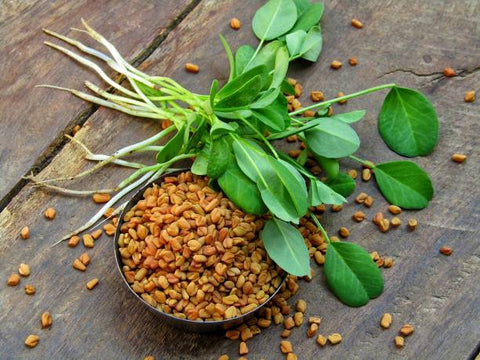
Learn about fenugreek's advantages:
- It helps with poor indigestion, bad breath, menstrual cramps, labour pain, and insufficient lactation.
- It also lowers blood cholesterol, treats inflammation and stomach ulcers, drains sweat ducts, helps with poor indigestion, and is for weight gain.
- For bodybuilding and late-onset diabetes, drain out sweat ducts.

6. Peppermint
Peppermint will be on your list of medicinal plants to purchase that are simple to produce at home. It is associated with freshness since it has a cooling element.

The following is a list of peppermint's therapeutic benefits:
- It is excellent for soothing an upset stomach
- It prevents bacterial growth
- It can reduce irritable bowel syndrome and arthritis pain.
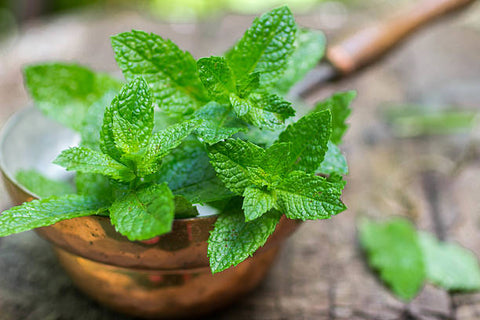
7. Marigold
The most popular and beneficial medicinal plant produced at home is marigold. The marigold plant is usually known as an adornment because of its vivid and lovely blossoms. But this plant also has some fantastic therapeutic benefits.
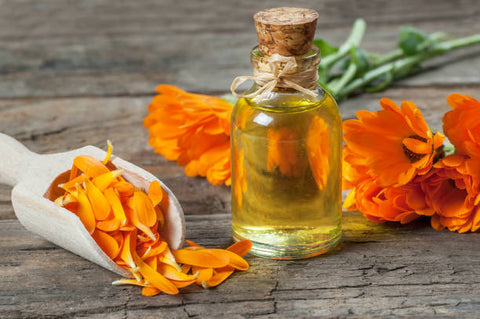
See here for a list of the medicinal uses for marigolds:
- The marigold plant's leaves provide healing effects for minor cuts.
- It can lessen inflammatory bowel disease.
- It can treat the discomfort associated with haemorrhoids.
- It can address a variety of eye diseases, including inflammation, conjunctivitis, and eye infection.

8. Thyme
Thyme is a fragrant perennial herb valued for its potent antibacterial properties. But it also serves as an adornment and in cooking.

Growing this medicinal plant at home has some advantages, including:
- It helps with chest and respiratory issues like cough, bronchitis, and congestion.
- It works excellent for chest congestion, coughing, and bronchitis.
- It lowers blood pressure and cholesterol.
- Due to the active ingredient, thymol, it helps to keep digestive tracts in good health.
9. Ashwagandha
Ashwagandha has many advantages, including lowering stress levels and safeguarding the nervous system.

In addition to encouraging fertility, assisting with wound care, and improving the immune system, ashwagandha has several other advantages, including:
- Galactogogue
- Anti-epileptic
- Antineoplastic, Analgesic
- Eye wellness
- Reduces cholesterol and controls blood sugar.
- Reduces anxiety and combats stress and cognitive impairment brought on by the death of brain cells.
10. Ginger
Since it has therapeutic powers, ginger has been relied on for thousands of years. A blossoming plant is a ginger.

Incredible health benefits are as follows:
- It relieves motion sickness and nausea treats digestive problems, and increases metabolism.
- It lowers the risk of blood clotting.
- It alleviates cold and flu symptoms.
- Regular usage of this plant lowers the risk of cancer.
11. Gunj
A nerve stimulant, Abrus precatorius, treats vata problems like paralysis and joint discomfort. The gunja plant's seeds, leaves, and roots are edible and can be used topically as herbal lepas. The two primary varieties of gunja are sweta (white) and rakta (red). It is a potent tridosha balancer and a remedy for mouth ulcers, rheumatoid arthritis, and hair loss.

12. Abutilon Indicum/ Petari
Our Traditional System of Medicine uses the medicinal herb Abutilon Indicum, sometimes referred to as atibala, to treat illnesses.
- The entire plant contains mucilaginous substances, asparagines, saponins, flavonoids, and alkaloids.
- Rheumatoid arthritis symptoms might be better controlled with apibala.
- Both analgesic and anti-inflammatory properties are present.
- Additionally, it lessens joint inflammation.
- Additionally, it lessens gastrointestinal motility and delays intestinal muscle contraction.

13. Tumeric
Turmeric is a spice from the ginger family that contains bioactive ingredients. The herb is antibacterial and has many other health advantages because of these components. It is often brilliant orange and has a distinct earthy flavour and scent.
- Possesses significant antioxidant capabilities
- Reduces the likelihood of brain disorders
- Helps with cardiac conditions
- Stability of hormone levels
- Enhances the immune system
- Stops hair loss
- Anyone can potentially utilise turmeric without risk.

Garlic, also known as Allium sativum, is a member of the Allium family and is a common food ingredient. It has a distinct flavour. It has been attributed to the father of Western medicine by ancient Greek physicians. It provides numerous other health advantages in addition to easing those with blood and heart conditions.
- Prevents illness
- Stops Alzheimer's
- Lengthens the lifespan
- Enhances sports performance and prevents hair loss
- Removes skin blemishes
- Before taking garlic, thoroughly study its interactions with other medications.

15. Ashoka
Ashoka is one of the most sacred trees found in India. It is a small, evergreen tree with a brown- grey bark and the most beautiful flowers. Ashoka is also called as the sorrowless tree. They have a dense foliage all through the year with clusters of orange and scarlet flowers. These clusters are many in numbers during the months of January and February.
- Ashoka has been useful in curing many diseases including dysentery. Many women have found relief by consuming the juice made from boiling the bark of the tree.
16. Giloy
Since ancient times, practitioners of traditional medicine have employed giloy in Ayurveda. It aids in persistent fever, strengthens immunity, and enhances digestion because of its anti-diabetic and anti-microbial characteristics.
- It prevents blood clots by acting as an anticoagulant agent.
- It has blood glucose-lowering properties.
- It functions as an antioxidant.
- It might have anti-stress properties.
- Benefits of giloy juice may include pain relief for arthritis. Giloy's anti-inflammatory qualities may be beneficial for treating arthritis and its associated symptoms. When combined with ginger and warm water, giloy stem powder,
- The antipyretic properties of giloy juice may contribute to its health advantages by assisting with a high fever.
- It might be a helpful antipyretic drug to lessen the symptoms of some deadly illnesses, including dengue fever, malaria, and swine flu.

17. Bael
Bael is a sacred tree bearing thorns, fruits and scented flowers.The skin of some of the fruits of this tree is very hard. The juice from the fruits is sweetened and then is used to make a drink which is very similar to a lemonade. Bael is mainly popular due to its medicinal properties. It is used for curing many ailments.

- Bael fruits are high in nutrients such as beta-carotene, protein, riboflavin, and vitamin C.
- It is high in vitamins B1 and B2, thiamine, riboflavin, niacin, and carotene, as well as minerals calcium, potassium, fibre, and healthy fats.
- These fruits are also notable for their antioxidant, anti-inflammatory, and laxative characteristics, and they have been used for thousands of years in Ayurveda, Siddha, and other types of alternative medicine for their medicinal and therapeutic benefits.

18. Brahmi
Brahmi has thick and succulent leaves. It is a perennial herb which is basically found in wetlands and muddy shores. Flowers of this plant occur in different colors like blue, white and purple. The flowers bloom from May to October.
- Brahmi is known to have antioxidant properties. It has been used for decades to help with problems like epilepsy and stress induced anxiety
- Brahmi is known to increase memory efficiency and concentration of the mind. It is a purifier of the blood and helps against indigestion, leprosy, tumours and bad ulcers. It is one of the most widely used plant for medical purposes.
19. Long pepper
Long pepper is a perennial climber which is well known because of its fruit. The fruit of this plant is used as a spice and for seasoning purposes. It is fragile, scented and has numerous leaves.
- It is used for enhancing digestion and metabolism of food. It has many medical properties and is one of the most widely used herb.
18. Amla
Amla is a deciduous tree which is popularly known for the fruit it bears, which is of the same name. The leaves are simple and the flowers are small with a pink or green color. The taste of the fruit is quite bitter and sour but is famous for its medical applications.
- Amla is useful for the skin and helps in treating many other illnesses as well.

19. Chandan
The Chandan tree has a long life and can live upto a hundred years. It is an evergreen tree and can attain a height of four to nine metres. The leaves of the tree are oval and thin. Chandan plant is having two verities- Safed Chandan & Raktchandan
Chandan is also known as sandalwood and the oil obtained from this tree is used to treat many skin diseases like acne. Dysentery and gonorrhea can also be treated using the oil.

Conclusion
The adverse side effects of modern pharmaceuticals have made people more interested in organic medicinal herbs and their applications. You can obtain its leaves, gel, oil, and flowers for numerous health and cosmetic uses by planting these near your home. These simple-to-grow herbs help your family's health as well as the health of your garden. Many draw helpful insects, like bees, and assist in keeping destructive pests away from neighbouring delicate plants.

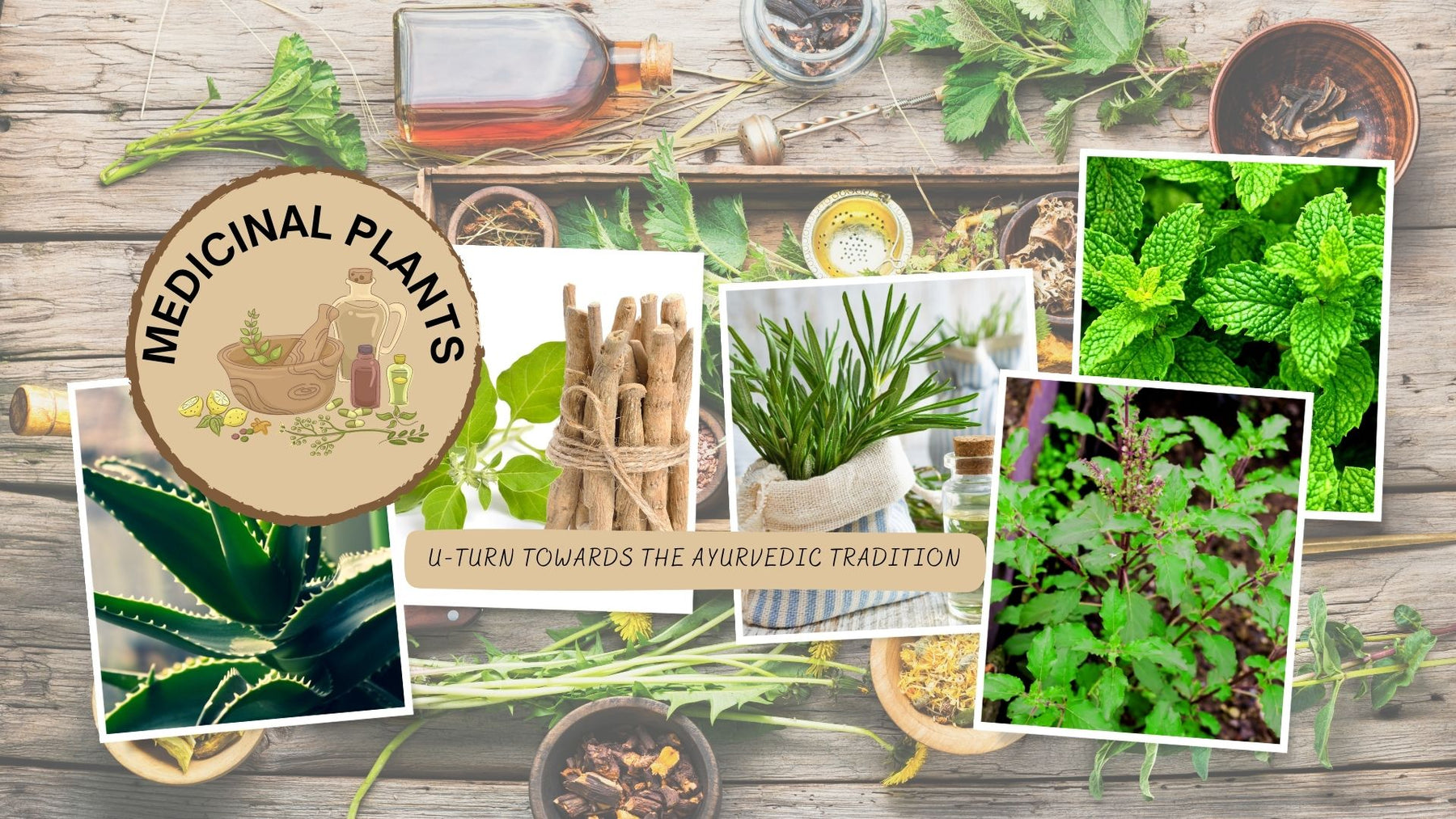





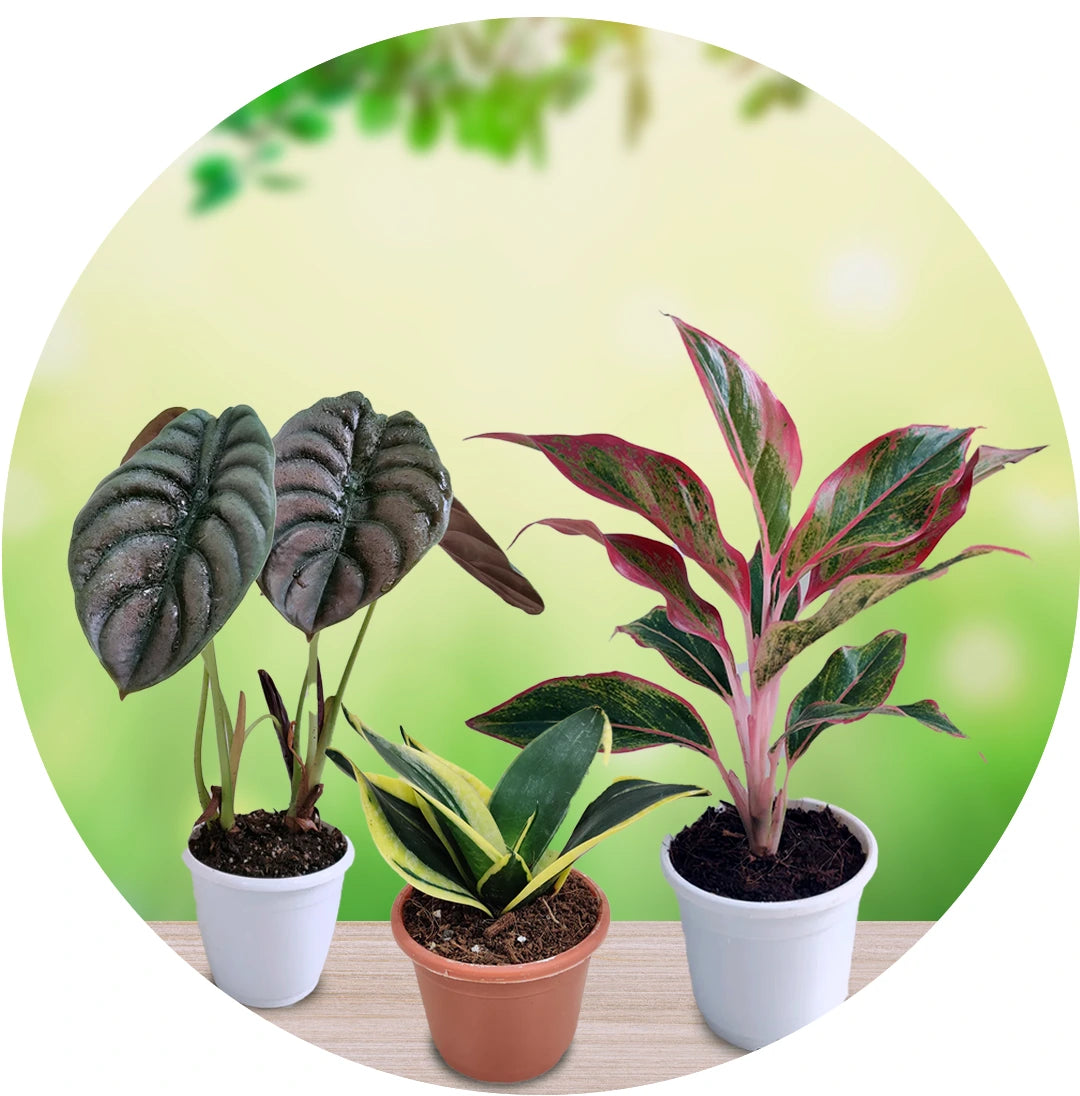
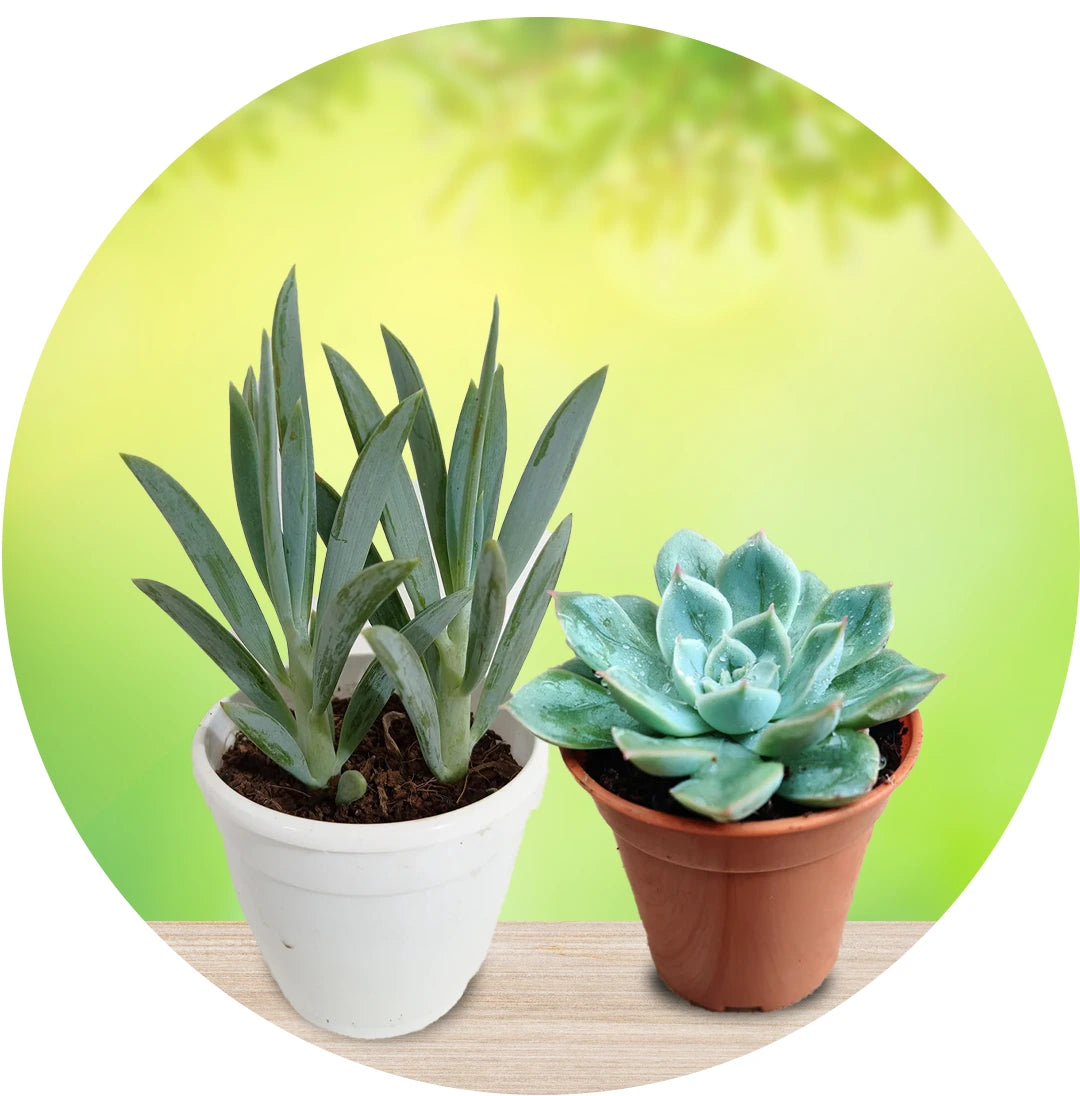
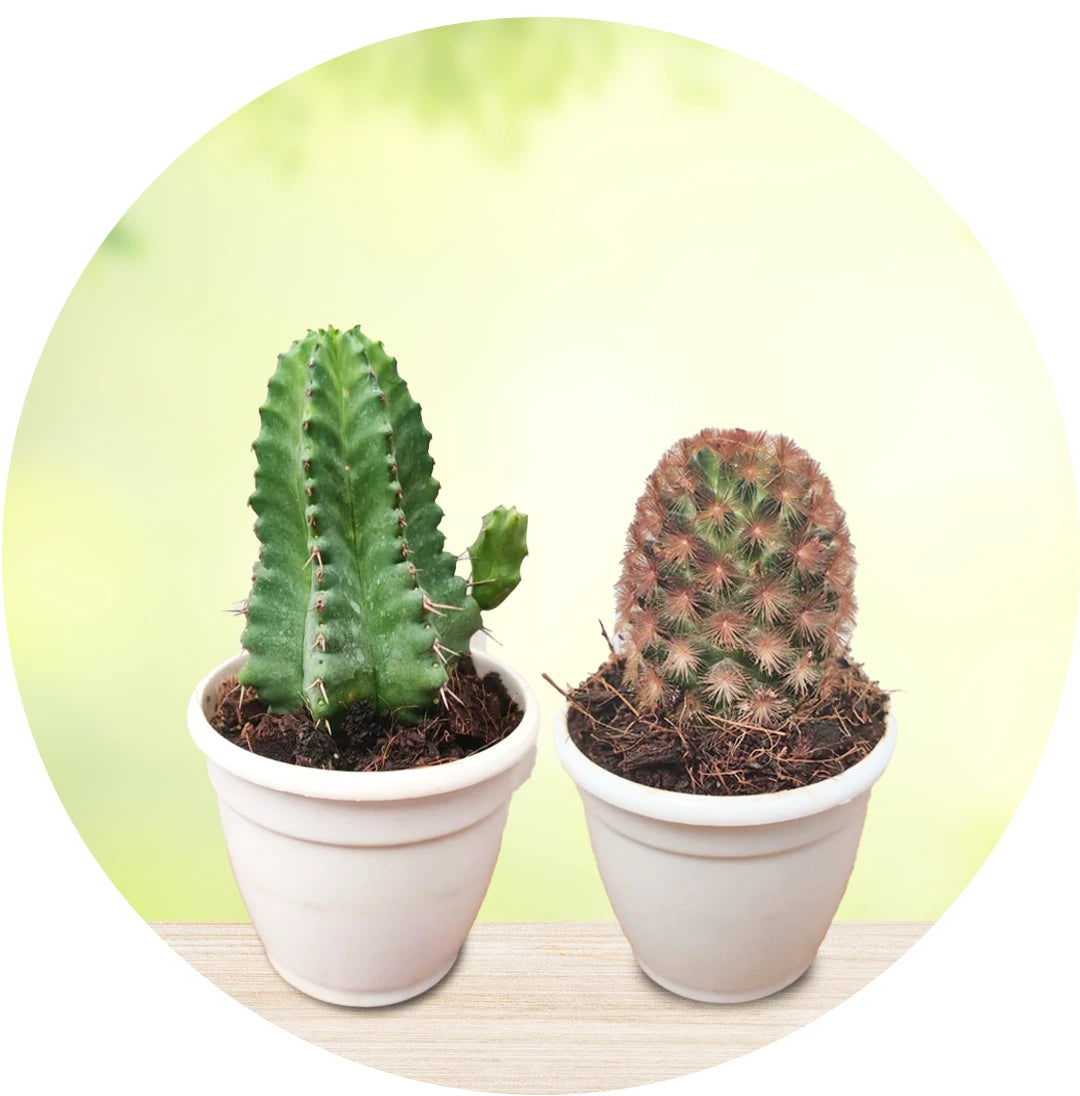
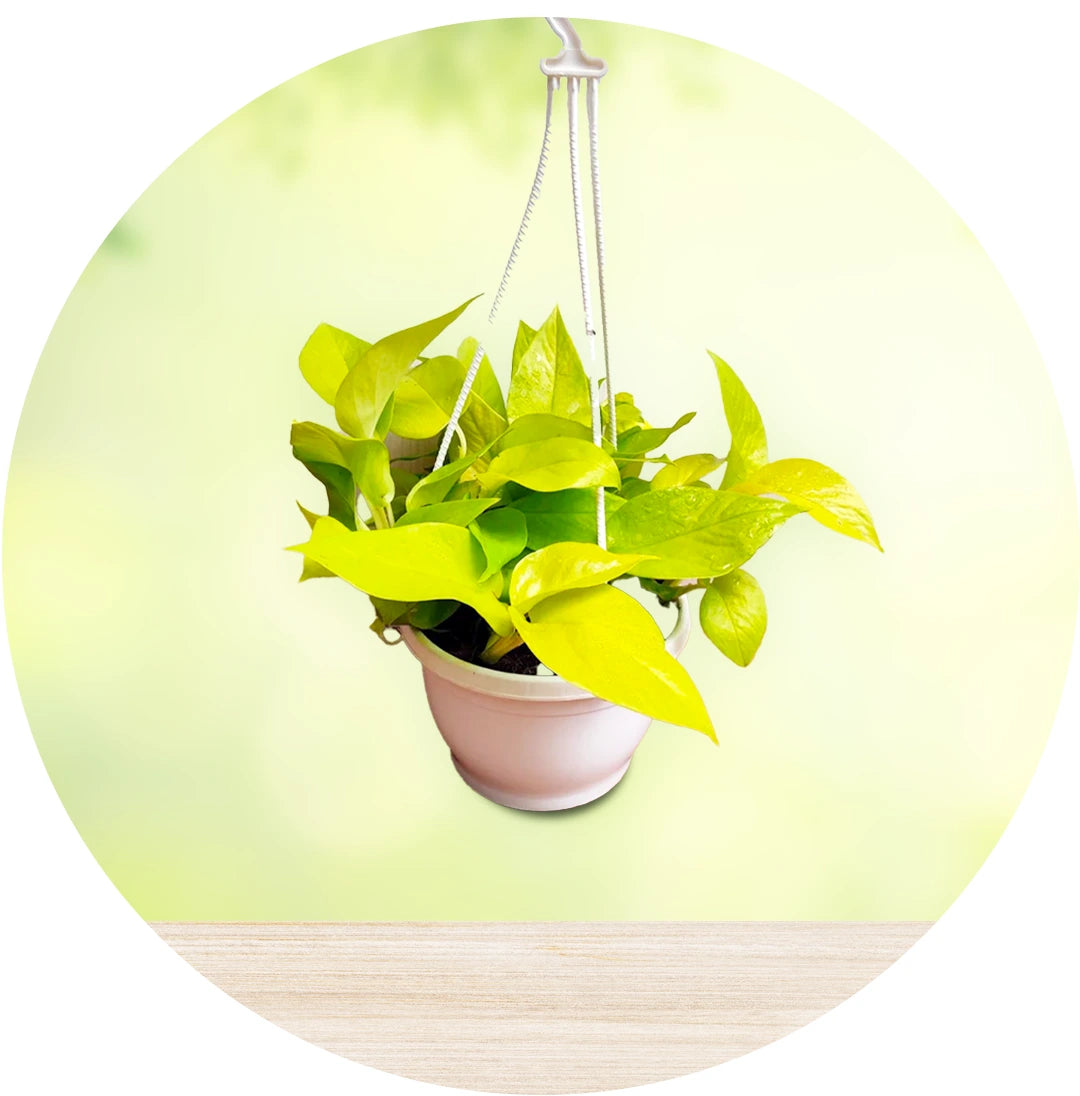
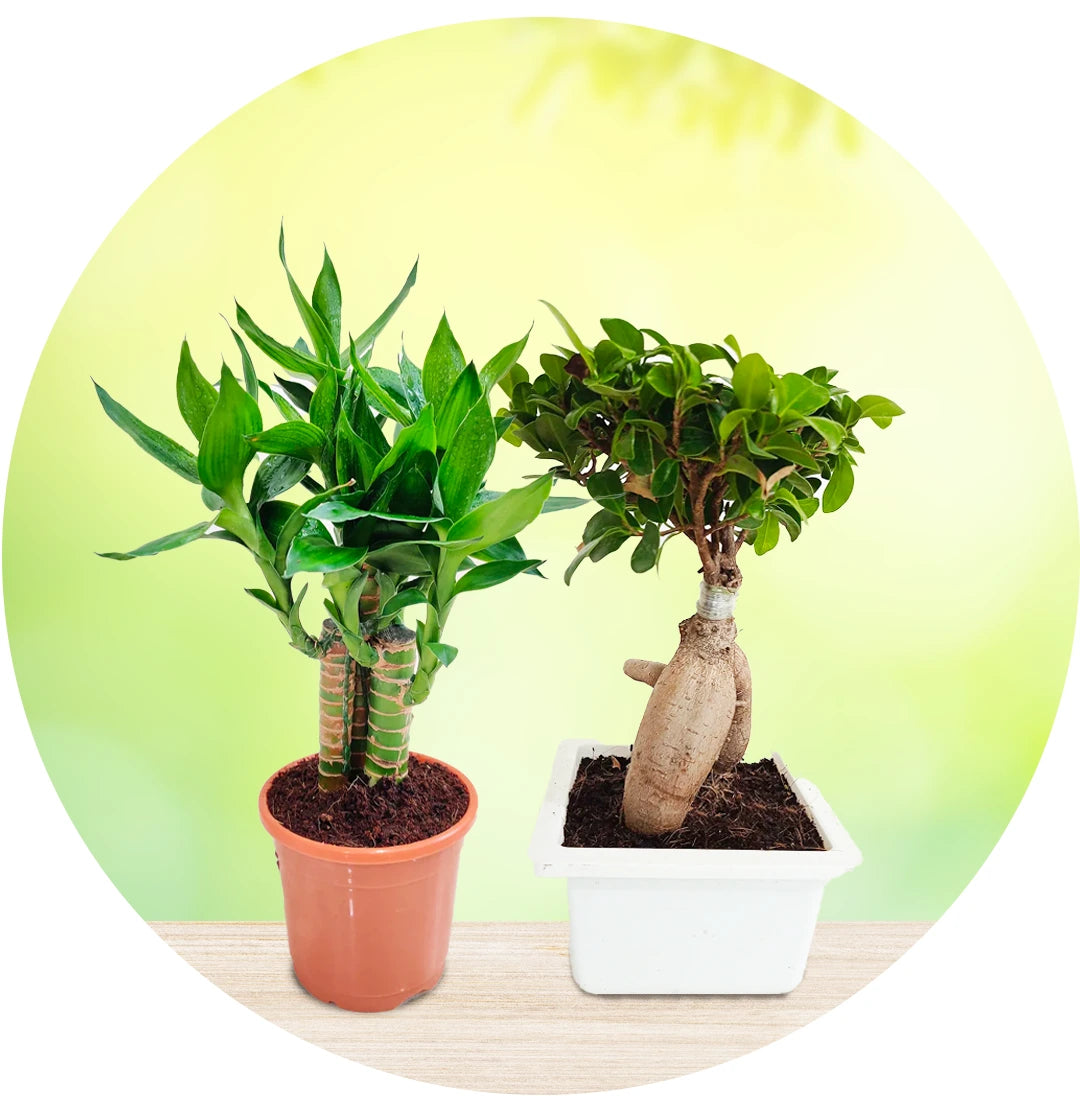
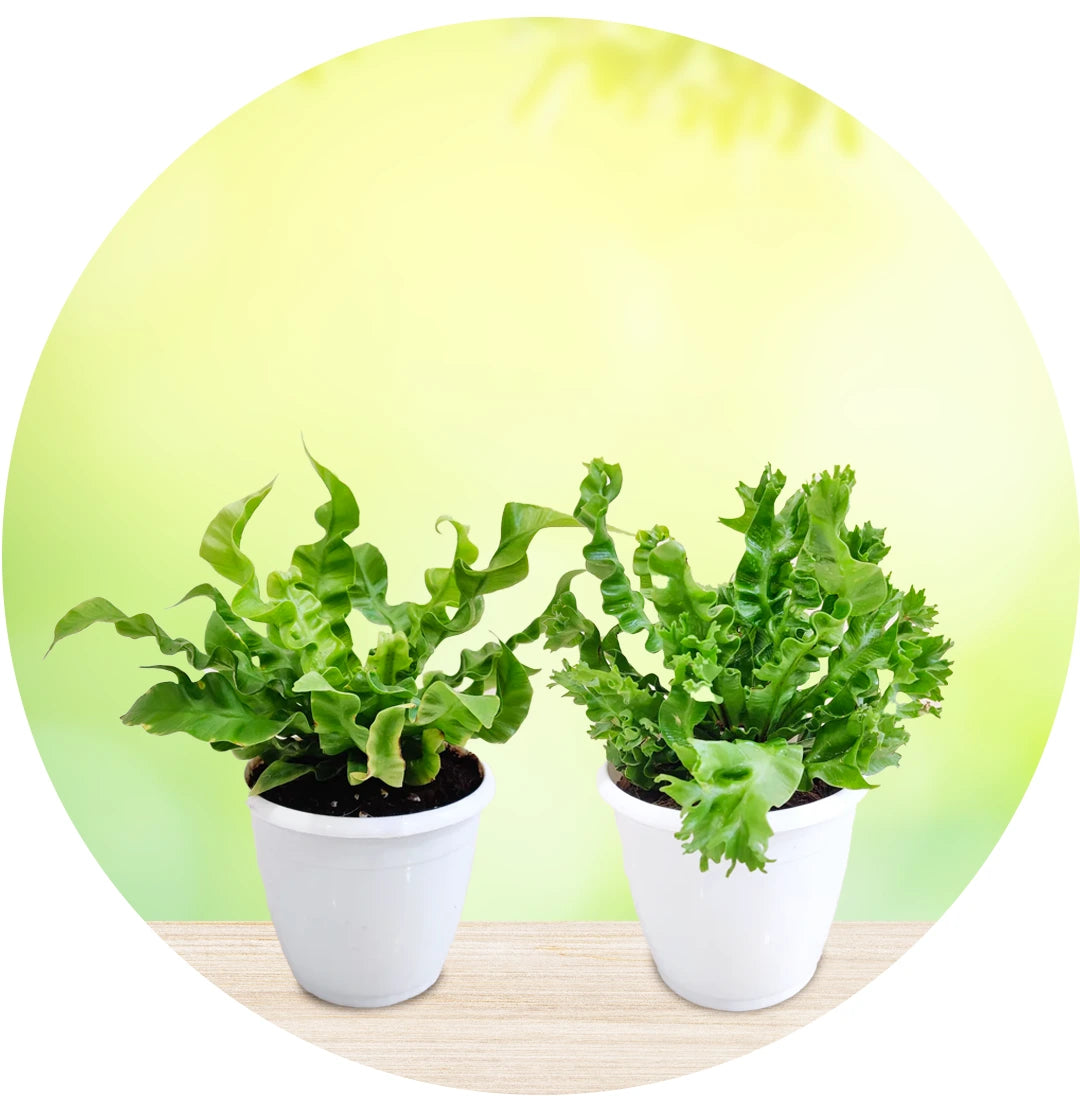
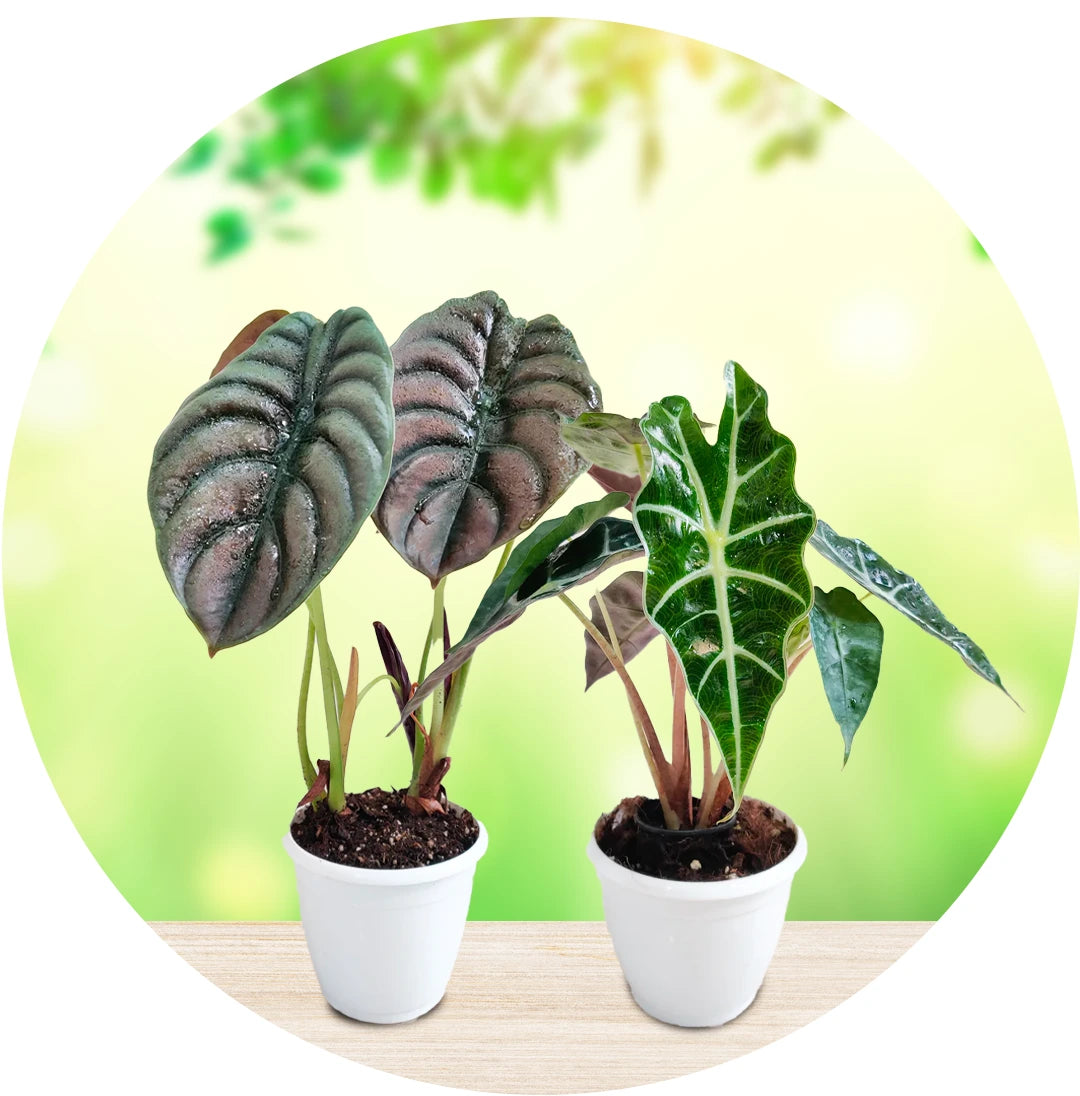
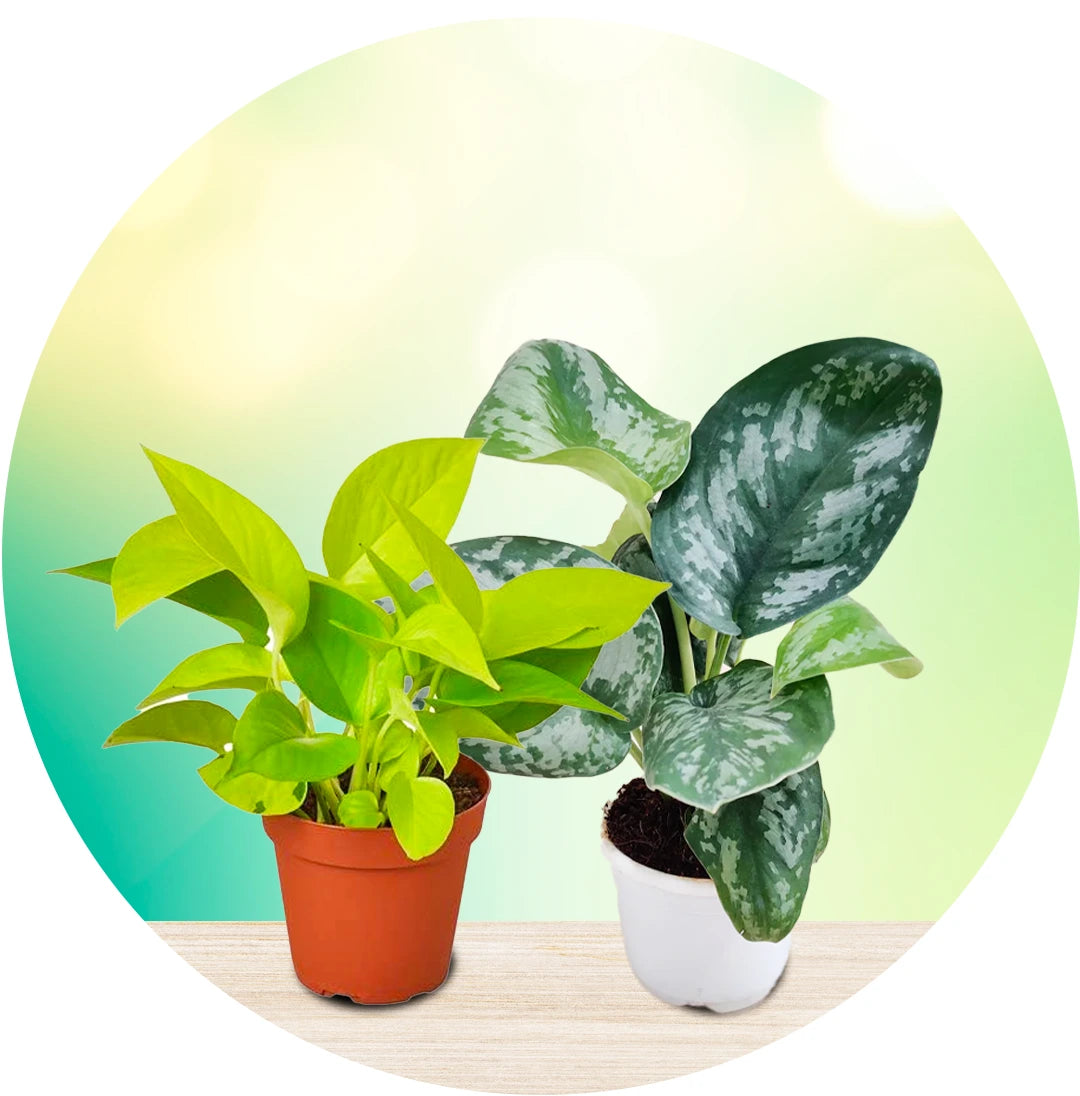
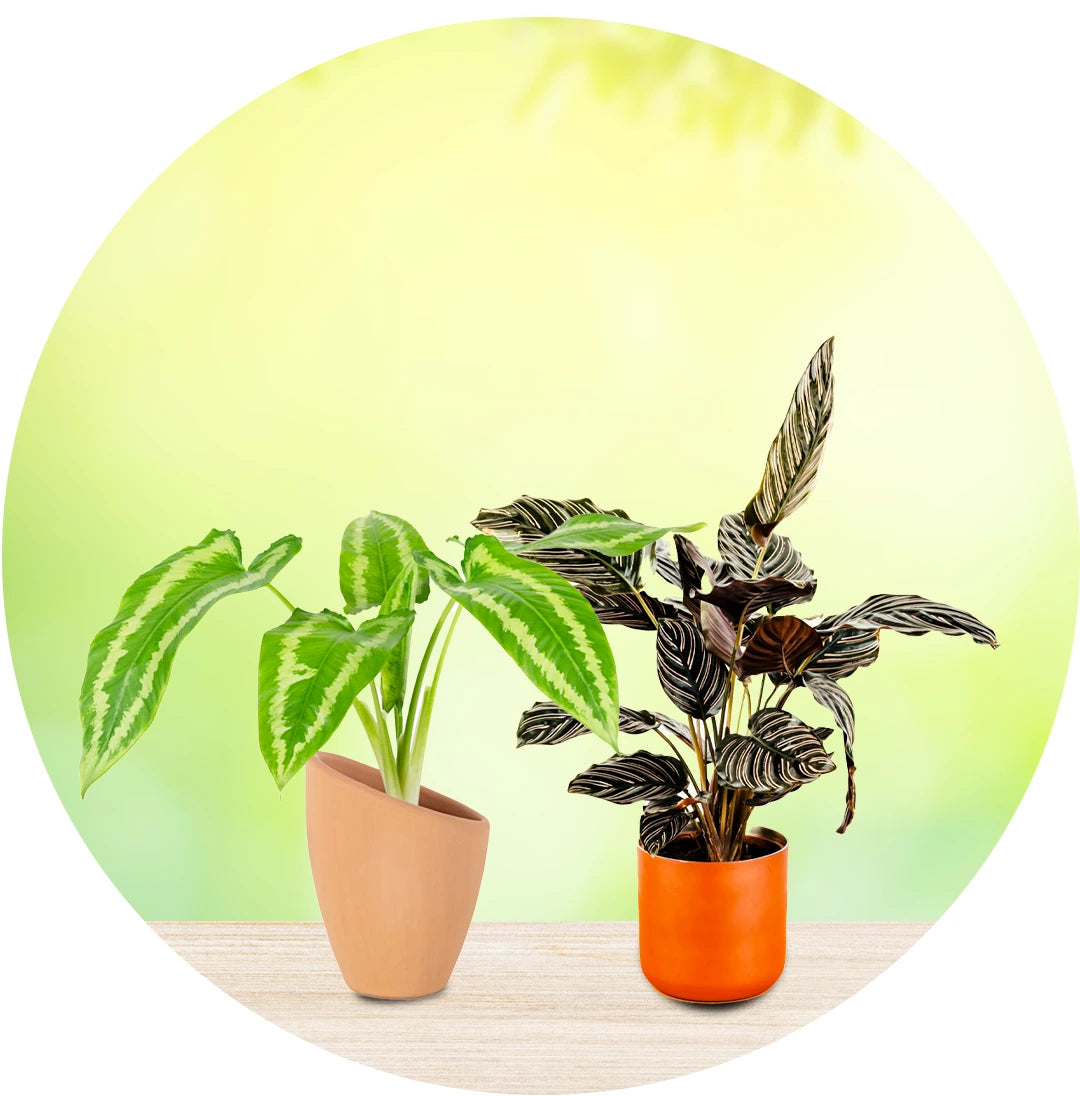
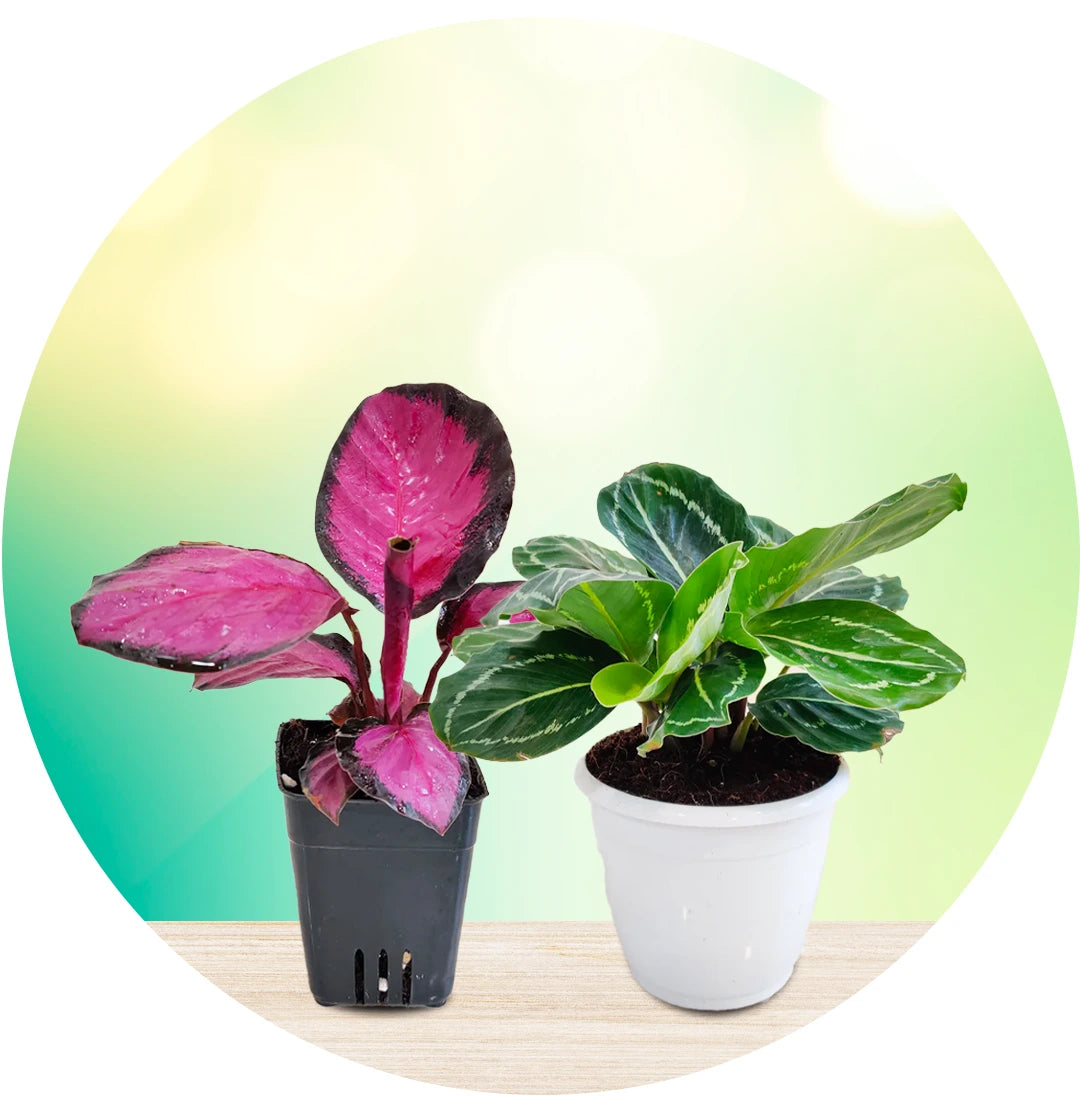
Leave a comment